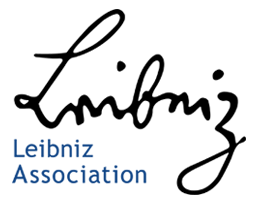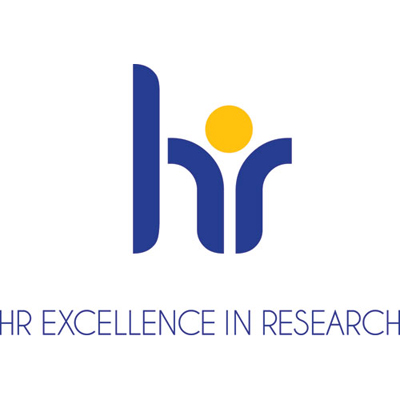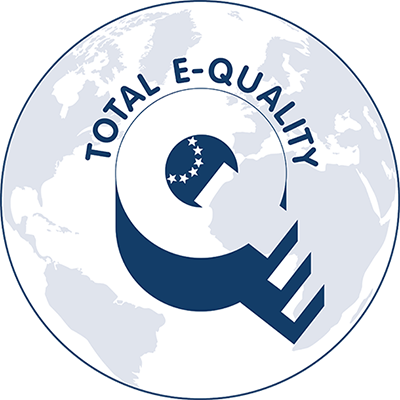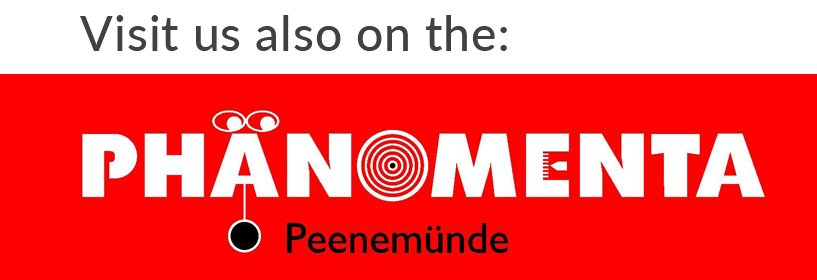The project described below receives financial support from the European Union through the European Regional Development Fund and the State of Mecklenburg-Western Pomerania.
Diabetes Competence Center Karlsburg
Contact:
Katy Wespatat
Phone: +49(0) 38355 6686 2555
katy.wespatatinp-greifswaldde
The Diabetes Competence Center Karlsburg, a central component of the co-operation between the clinic group Dr. Guth GmbH & Co. KG and the INP, works in the field of hospital-related research, development and the application of innovative technologies in medicine. With the new laboratory rooms directly in the Karlsburg Clinic, innovative product ideas are developed and tested directly in the clinic everyday – a completely new approach for the transfer of research results in Mecklenburg-Vorpommern – but also throughout Germany. All developments can be fully accompanied by the use of the clinic laboratories. In this way it is possible to send patient samples directly to sample preparation – ranging from microbiological analysis, as well as numerous standard molecular biology methods such as viability tests in high-throughput screening, all the way to transcriptome analysis. In particular the possibility of analyzing isolated cells from the patient materials directly on site in real-time experiments under controlled conditions over several days opens up opportunities to test newly developed products in terms of cytotoxicity or increased growth as well as migration and adhesion analysis. These methods are also interesting for collaborative research together with biotechnology companies, as various test sequences can be analyzed in parallel in brief time intervals. The physics laboratory also offers the possibility of making changes to the prototypes directly on site. In addition to a selection of different 3D printing materials, numerous diagnostics are also available for optical analysis and measuring stations for a wide range of applications such as high-voltage tests. A small fine mechanics workshop rounds off our range of services. As needed the Diabetes Competence Center offers numerous possibilities for various collaborative research projects to develop new products directly in the everyday clinical practice and continually make use of both comprehensive basic research on microbiology and cell biology as well as diverse physical diagnostics and measuring stations including rapid prototyping. Due to this unique constellation of clinic-bound collaborative research with direct participation by clinicians, physicists and biologists together with the leaders from industry, which is a first for Mecklenburg-Vorpommern, the clinic is predestined to develop innovative medical products and new diagnostics. The testing of samples or prototypes can then, in the next step, be directly analyzed and further developed in everyday clinical practice in pre-clinical tests for biocompatibility and clinical tests for practicability. This can be individually adapted to new medical products as well as new therapies, diagnostics, and preventive methods. Of course, in this phase of the project the modern physics and molecular biology laboratories can also be used. The multi-functional building with a total of 2000 square meters has an aseptic operating theater in the ground floor along with laboratories and seminar rooms and working spaces for scientists, clinicians and industry partners. The clinic area is located in the upper floor with 24 beds for the treatment of patients with chronic wounds and infections, who, upon their informed consent, can be integrated into future clinical studies and product developments. Here it is above all the clinic-bound research in close proximity to the patients that is foregrounded, where research is currently focused in particular on innovations in the healing of wounds – such as plasma medicine or new diagnostic procedures. Only within this constellation of researchers, doctors and nurses in direct contact with the development departments of various companies will it be possible to capture data directly from the patient and to correlate this with the results of basic research - all in the service of the development of innovative medical products. Particularly in plasma medicine – in the application of cold physical plasmas, the biologically active components of which have very brief half-lives – this close proximity to the patients is a decisive advantage. Here it is above all the short distances between treatment room / OP and the laboratories for cell and molecular biology on the one hand, and the physics on the other hand, that will generate numerous impulses for innovation in the field of medical technology and the application of cold plasmas in clinical practice. The same holds for innovative diagnostic products, which now can also be tested and further developed in clinical practice. Here, too, the direct feedback from patients and physicians offers a decisive advantage in product development, since it allows for short feedback loops and quick iterations, which greatly accelerates the development of prototypes.
Project Topics
The project "Furnishings for the Diabetes Karlsburg Competence Center to conduct interdisciplinary collaborative research", launched in August 2017, is funded by the Department of Economics, Labor and Health of the State of Mecklenburg-Vorpommern funded by the European Fund for Regional Development of the European Union (EU), with a total of 2.5 million euros. It aims to provide the infrastructure in the form of laboratory equipment for patient-focused, application-oriented basic research in the field of treating chronic wounds at the Karlsburg Diabetes Competence Center.
There is currently no general concept for the diagnosing of inflammation/wounds - it is usually up to the clinics how they conduct diagnostic procedures. Often, a visual analysis of the inflammation or wound situation and the determination of inflammation parameters in the blood is the first line of action.
In addition to the successful use of the intelligent insole, developed by OT-aktiv GmbH, the early diagnosis of inflammation is another aspect of this study and the interdisciplinary work of the Karlsburg Diabetes Competence Center at the Karlsburg Hospital. If this study can prove the intended improvement in the diagnosing of inflammation through the newly developed insoles, this would be an enormous advance for many diabetes patients with a high risk of developing a diabetic foot syndrome, as the development of chronic wounds can be avoided in good time. Eliminating the need for hospital stays with their pricey treatments would relieve both the clinics and the health insurance companies, and thus lead to substantial financial savings in the healthcare system.
The spectroscopy camera created by Diaspective Vision GmbH is to be further developed in conjunction with various molecular biological methods, in which the camera range is to be extended to a new wavelength area, to make bacterial biofilms (or bacteria) visible. The detection of bacterial markers in wound fluids and their correlation with the fluorescence spectra recorded is intended to develop an innovative and, most importantly, non-invasive method for rapid wound evaluation. Through the investigations of wound exudates, the KDK sub-project will play a central role in obtaining information about the bacterial load in chronically infected wounds. The molecular analysis of soluble wound components in response to infection (i.e., the detection of bacterial components, as well as human signaling- and messenger substances) runs parallel to the time-consuming, detailed microbial analysis. Since these soluble components can also be spectroscopically active, these investigations are important for two reasons: firstly, for the early analysis of microbial colonization, and secondly as an indication or confirmation of the presence of molecules that are to be detected by hyperspectral analysis. Since the methods of molecular-biology can also be used to estimate the quantities (semi-quantitative ELISA), the detection limitations of the hyperspectral camera could also be explored. This is of particular importance for their future use, as it is of great importance for the clinical routine to know and localize both the type and the number of microorganisms. With this diagnosis adapted to the respective patient (bacterial detection), it should later be possible to make bacteria visible directly in the wounds, if necessary even to identify them and thus to develop a time- and cost-efficient diagnosis that facilitates a rapid initiation of therapies adapted to the specific bacteria.
Location/Contact

Location Karlsburg
The Klinikum Karlsburg is located directly in the city center of Karlsburg. Follow the signs "Klinikum Karlsburg," and you will arrive directly at the gated premises of the clinic. Parking is available on the clinic campus. From the main car park, a beautiful avenue of linden trees leads to the magnificent castle portal. Follow the path to the right, and you will find the central registration desk. You will be welcomed at the reception desk, where you will be informed about everything else.
Klinikum Karlsburg of the Clinic Group Dr. Guth GmbH & Co. KG
Greifswalder Str. 11
17495 Karlsburg
Phone: +49 38355 70 0
Fax: +49 38355 70-1559
klinikum-karlsburgdrguthde
Directions
- From Berlin, Pasewalk, Neubrandenburg, and Hamburg, Lübeck, Grimmen, the Island of Rügen, Stralsund via the Baltic Sea highway A 20, exit Gützkow, then continue via the interstates B 111 and B 109
- Coming from Greifswald, Stralsund or Anklam via the interstate 109
- Coming from Wolgast or the Island of Usedom via the interstates 111 and 109
- With the Bäderbahn (UBB Railway) of Usedom from Greifswald via Züssow or from the island of Usedom. A beautiful old avenue leads you directly from the railway station to Karlsburg


































